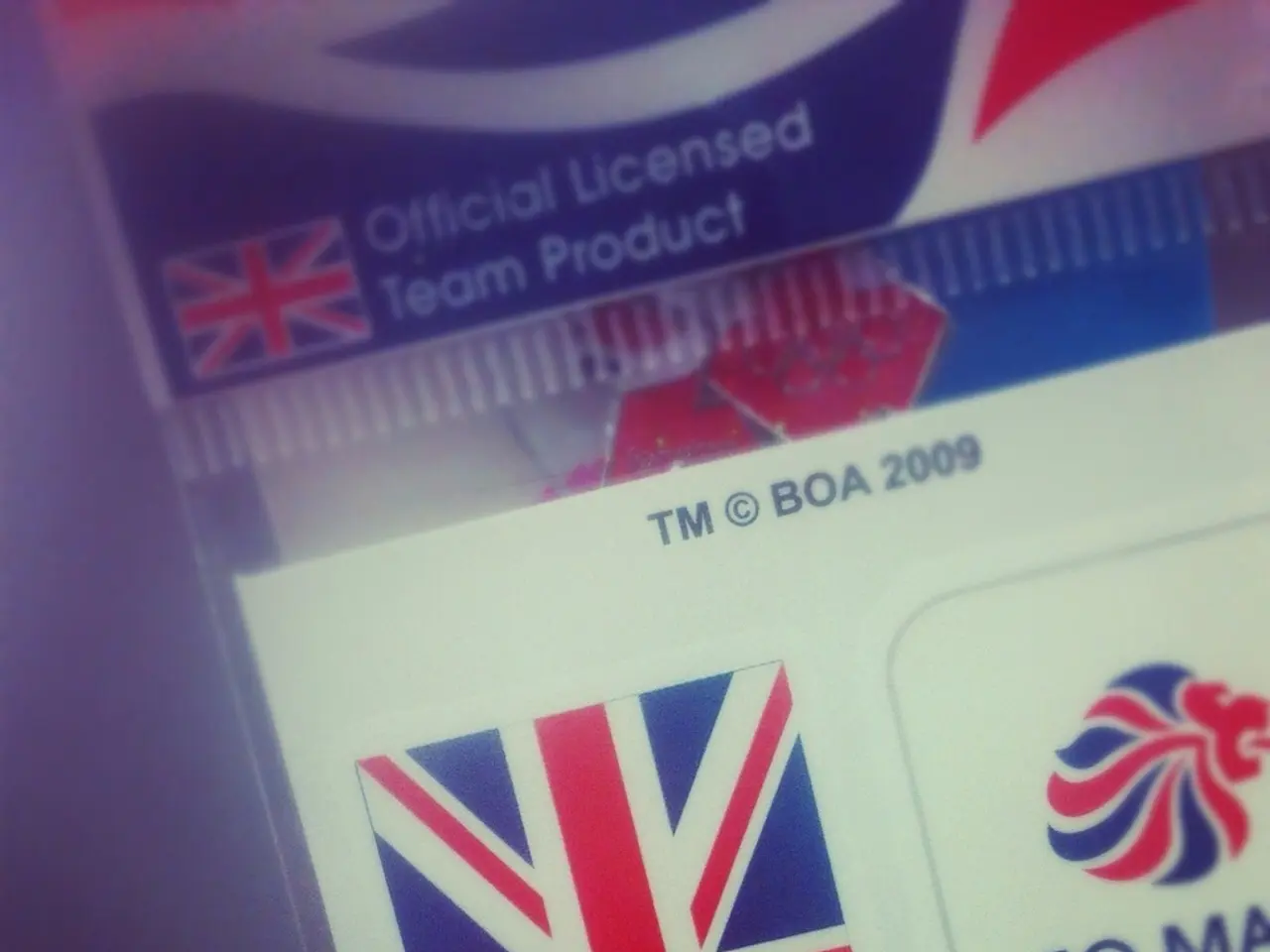DJI's Ban List and Its Impact on You
In a move aimed at enhancing cybersecurity and surveillance, Florida has imposed a ban on Chinese-made drones, including DJI and Autel, for government agencies effective from October 1, 2025 [1]. However, it's essential to understand that this ban does not directly limit commercial drone pilots.
Expanded No-Fly Zones and Stricter Penalties
The Florida legislation introduces expanded no-fly zones, which could potentially impact the operational areas for commercial drone pilots [1]. Stricter penalties for violations also raise the stakes for compliance with both federal and state drone laws [1].
Heightened Regulatory Oversight
Given the precedent of restricting certain drone manufacturers at the government level, commercial operators may face increased regulatory oversight. This could influence procurement or operational approvals for commercial entities, particularly when working with government contracts [1].
Federal Developments Easing Commercial Drone Operations
On a positive note, the Federal Aviation Administration (FAA) has proposed a new rule that could ease commercial drone operations. The rule allows commercial drones to fly beyond the visual line of sight (BVLOS) up to 400 feet with collision-avoidance technology, streamlined permit processing, and expanded operational scopes [2][3][4][5]. This federal push supports growth and innovation in commercial drone usage but must coexist with state-level regulations such as Florida’s.
Staying Vigilant and Monitoring Developments
For commercial drone pilots in Florida, it's crucial to remain vigilant and comply with the new state-level restrictions, especially regarding no-fly zones and drone brand limitations affecting government contracts or sensitive areas. Simultaneously, pilots should monitor FAA developments that broaden commercial operational possibilities nationally.
In 2022, TÜV SÜD conducted an audit of DJI drones and found that they comply with current security standards [6]. Other firms, including PrecisionHawk, FTI Consulting, and Kivu, have also conducted independent security audits of DJI drones with similar conclusions [7]. DJI has denied the allegations and vouched for the data privacy of their drones [8].
As drones become more prevalent in critical operations, their security and privacy features will be more scrutinized [9]. The recent banning of DJI and Autel drones in Florida has caused concern among drone pilots, but the decision depends on the use of the drone and potential commercial services to government agencies.
In conclusion, commercial drone pilots in Florida must navigate a complex landscape of state and federal regulations. While the Florida law introduces restrictions, the federal push for broader commercial drone usage offers opportunities for growth and innovation.
Commercial operators may encounter increased regulatory oversight due to the state-level ban on certain drone manufacturers, potentially affecting their procurement or operational approvals, especially when working with government contracts. On the positive side, federal developments have proposed rules to ease commercial drone operations, such as flying beyond the visual line of sight, which could expand the operational possibilities for drone pilots nationwide, provided they comply with both federal and state regulations like Florida's.




